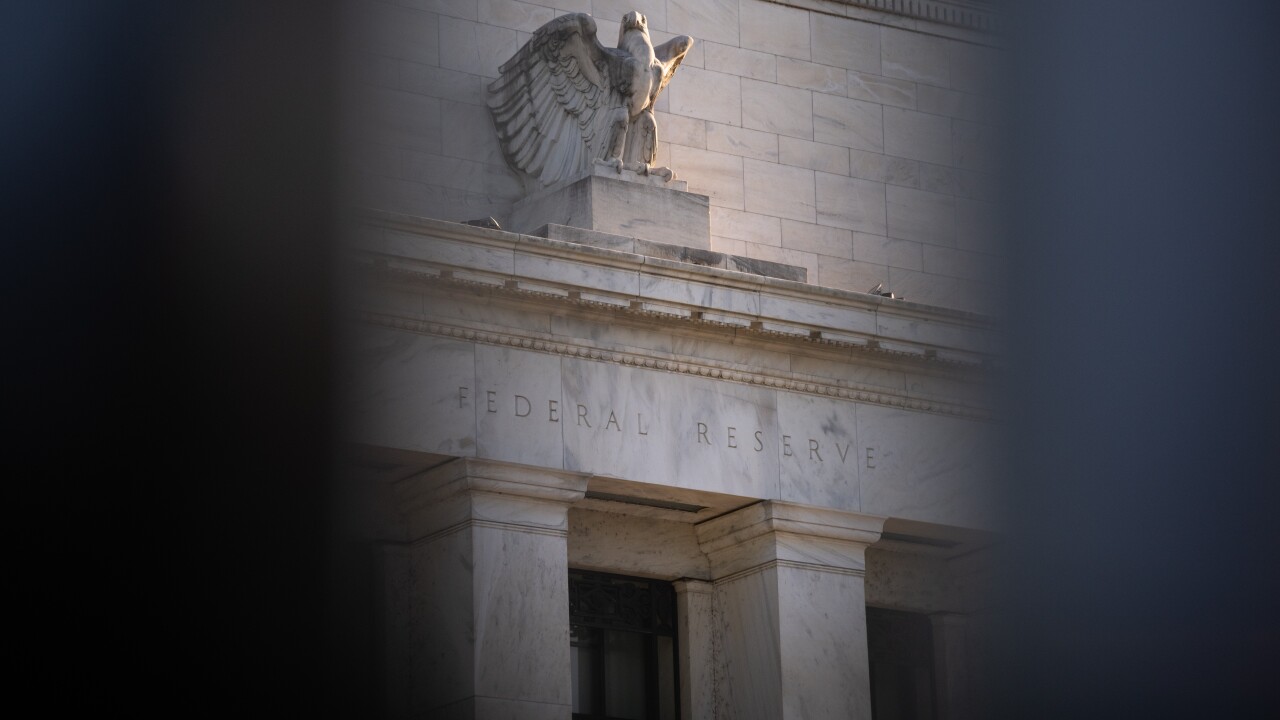-
While the White Lake, Michigan, township hack is the best-known and publicly disclosed cyberattack, there have been others. Some issuers and firms are reluctant to share these experiences publicly.
March 13 -
SEC probe relating to a cyberattack on a Michigan township's bond sale could involve looking into whether investors are getting an accurate picture of the issuer's credit risk, a former SEC enforcement attorney said.
March 12 -
Belvia Gray, Public Finance Leader at Baker Tilly, talks about the firm's efforts and focus on bringing the industry together on cyber security threats, succession planning and more.
March 4 -
The public finance industry is addressing cyber threats, which became clearer with last year's hack of White Lake Township's bond closing.
February 25 -
White Lake Township, Michigan, is facing legal action on two fronts: one of them related to the hack of its bond deal closing last year, the other a civil suit.
February 20 -
The offering document for a White Lake Township bond sale sheds more light on the hack criminals used to intercept funds between the underwriter and borrower.
January 31 -
Data-driven local governments and other public agencies might sound like a complex subject or something difficult to attain, but that could not be further from the truth.
January 17Baker Tilly -
It's hard enough convincing local governments to spend money on cyber insurance that covers ransomware attacks, said Omid Rahmani, public finance cybersecurity lead at Fitch Ratings. The new and very specific threat of a hacked financing process, is "absolutely" underappreciated by the public finance industry.
December 19 -
"This matter is now under active investigation by federal authorities and impacted financial institutions, who are coordinating with the White Lake Township Police Department," said Daniel Keller, chief of police, in a statement.
December 5 -
ICE's and MarketAxess's networks are "complementary," said Peter Borstelmann, president of ICE Bonds, as the former is "deep and rich" in the retail wealth segment, while the latter is "deep and rich" in the institutional space.
August 28 -
A new classification scheme would allow market participants, both on the buy and sell sides, to correctly identify the source and nature of credit risk in their holdings and to aggregate such risk into meaningful sectors that share common risk drivers.
August 13 DPC Data
DPC Data -
The threat of cybercrime against municipalities continues to mutate into more sophisticated and life-threatening schemes, say economists and rating agencies.
July 17 -
Ransomware group LockBit threatened on Sunday to publish the stolen data Tuesday evening. Ransomware experts said it was likely that the group was bluffing.
June 25 -
CDIAC's revamped website, which launches May 1, will offer accessibility to state and local debt from issuance through maturity and the ability to create summary reports based on search features.
April 26 -
With cyberattacks on the rise, issuers have had to keep fortifying their defenses against criminals targeting the public sector.
April 10 -
While the SEC's cybersecurity rule does not apply to municipal issuers, there are a few points discussed in the Adopting Release that may be useful for municipal market participants.
March 14
-
The municipal market is bifurcated, opaque, and can be a challenge to price even on a steady day. In this idiosyncratic market, especially in times of volatility, data-driven decision-making is key, whether pricing a new deal in the primary market or trading it in the secondary. Learn more.
-
The question over how big or small a role artificial intelligence will play in the development of FDTA's standards will need to be answered by both regulators and issuers.
November 14 -
Building off his success in creating a revolutionary website as Massachusetts assistant treasurer of debt management, BondLink founder Colin MacNaught has grown his firm into 45 states.
September 8 -
New York State Comptroller Thomas DiNapoli urged state agencies to do more to protect water systems from cyberattacks as Moody's Investors Service said cyber risks pose challenges to municipalities across the United States.
July 10

















